10 Reasons For Your Dog’s Inconsistent Obedience
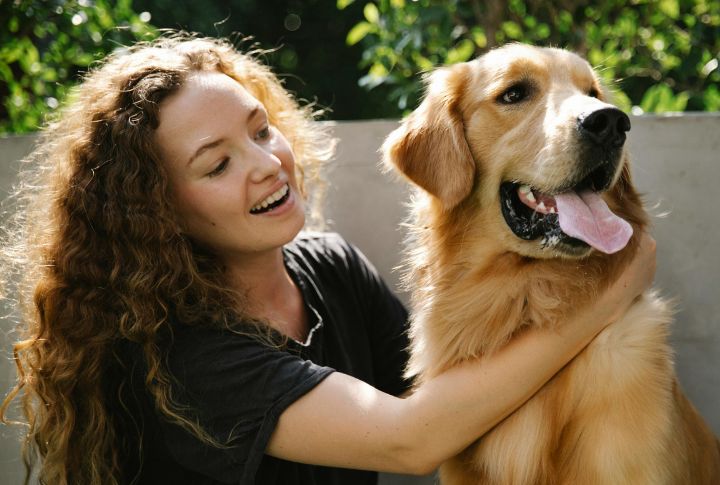
One day, your dog sits the moment you say “stay”—the next, you’re repeating the command three times with no response. It’s frustrating, but there’s usually more going on than simple refusal. Instead of chalking it up to moodiness, there are specific reasons worth exploring. Let’s walk through 10 of the most common explanations for this puzzling pattern.
Obedience Has Evolution Behind It

Long before leashes and treats, dogs evolved to read human cues as a means of survival. Selection for cooperative traits began as early as 15,000 years ago. Over the generations, this sensitivity deepened. Today, their loyalty often reflects inherited tendencies shaped through mutually beneficial human-canine partnerships.
They Respond To What Works

These fellows are all about results. If sitting gets a treat, they’ll sit again. It’s basic cause and effect; they learn fast when something good follows a command. This idea, known as operant conditioning, explains why rewarded behaviors stick around and punished ones tend to fade out.
Pack Mentality Still Influences Behavior
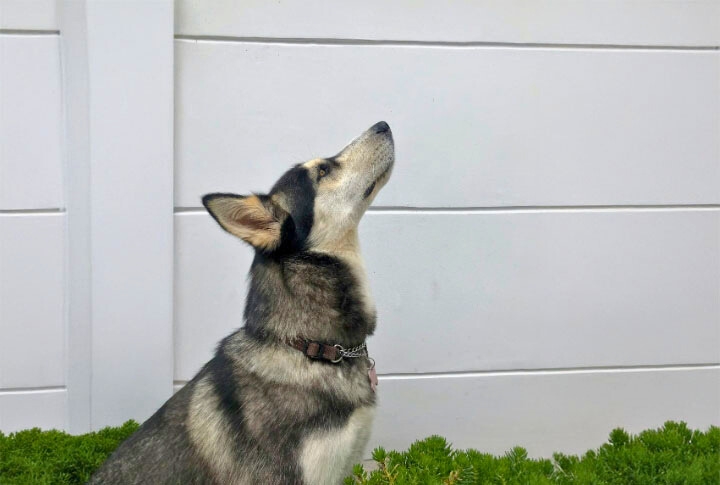
Despite domestication, dogs retain social instincts from their wolf ancestry. They look for leadership and structure. Consistency and confident direction build trust; your dog’s obedience often reflects how well you’ve established your role in their “pack” hierarchy, not just how many tricks they know.
New Places Throw Them Off
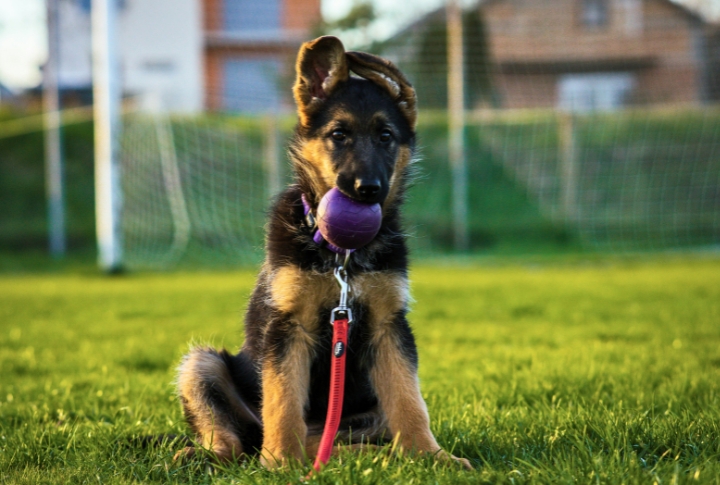
A change in scenery can shake even a well-trained dog’s ability to listen. Early exposure to new sights and sounds builds confidence, making commands easier to follow later on. Without that foundation, unfamiliar settings can overwhelm and leave dogs distracted, uncertain, or slow to respond.
Breed Traits Affect Listening
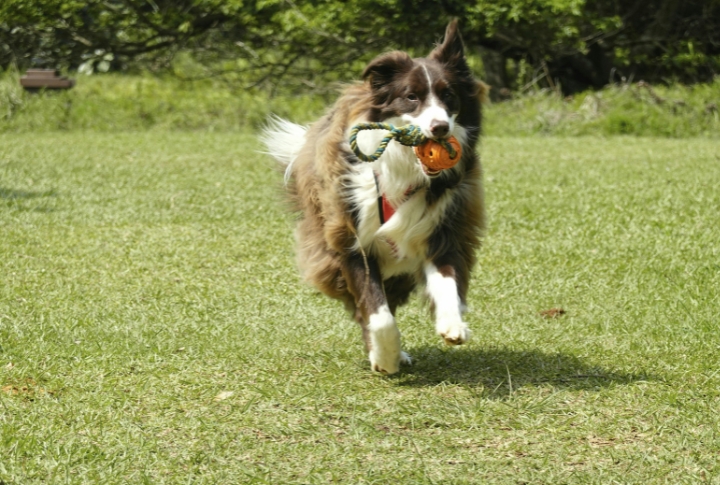
Why does a Border Collie learn faster than a Beagle? Genetics matter. Some breeds were developed specifically for tasks that required following directions. Others were bred for independence. If you understand these innate tendencies, you can tailor training and further align expectations with a dog’s cognitive style.
Mixed Signals Cause Confusion
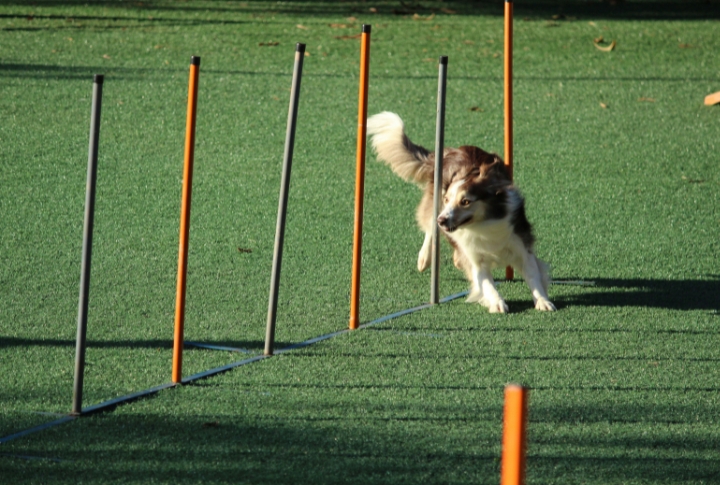
Dogs learn commands and need to practice them regularly. When you’re consistent with cues and follow through every time, behavior starts to stick. It’s the steady repetition that turns a learned skill into a reliable habit your dog can actually count on. But when the commands confuse them, they might not listen.
Your Attention Shapes Their Response
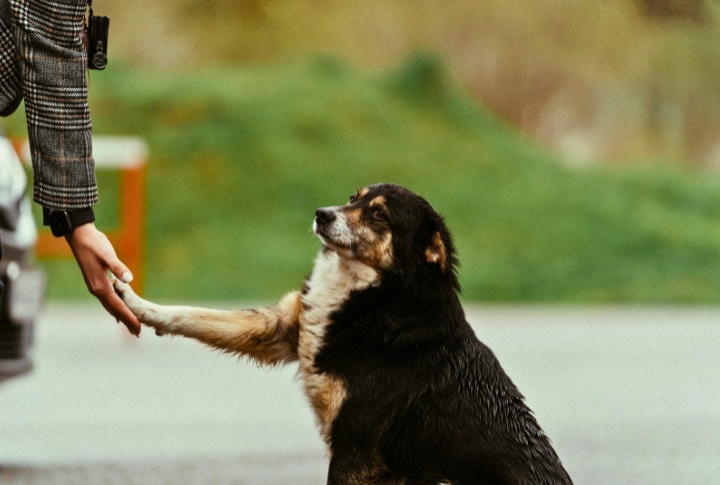
Dogs notice when you’re fully engaged. A study by Merkhan and Wayne revealed that dogs are more responsive—and even playful—when they feel seen. Eye contact, posture, and tone all send cues they pick up on instinctively. The more focused you are, the more likely they are to follow through.
They Might Not Understand You

It’s easy to assume your dog is ignoring you when they don’t respond. Yet sometimes, they’re just confused. Their vocabulary isn’t unlimited, and small changes in wording or tone can throw them off. You should keep things simple to help them connect the dots faster.
Stress Disrupts Cooperation
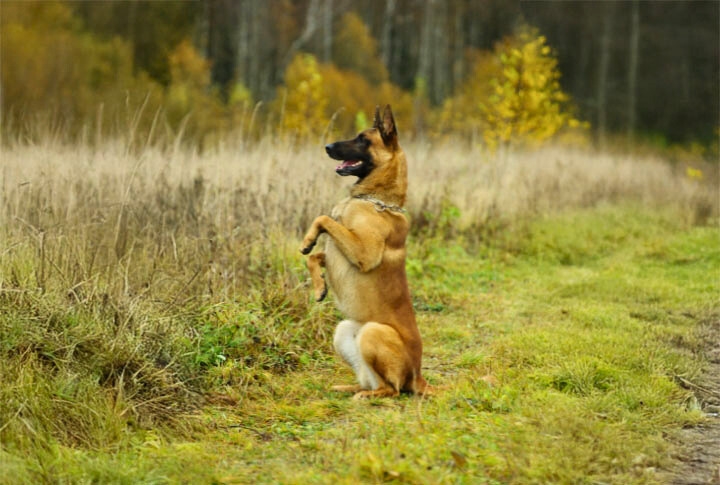
How you train matters more than you might think. Harsh methods can raise stress levels and make dogs shut down. Increased stress makes it harder for them to focus or stay engaged. The more anxious they feel, the less likely they are to cooperate.
Your Mood Changes Their Behavior

A 2019 study from Sweden’s Linkoping University found that dogs experience emotional contagion: they reflect their owners’ stress levels through synchronized cortisol patterns. That emotional syncing influences how attentively they respond to commands. So when you’re calm and focused, your dog is more likely to stay grounded and cooperative.





